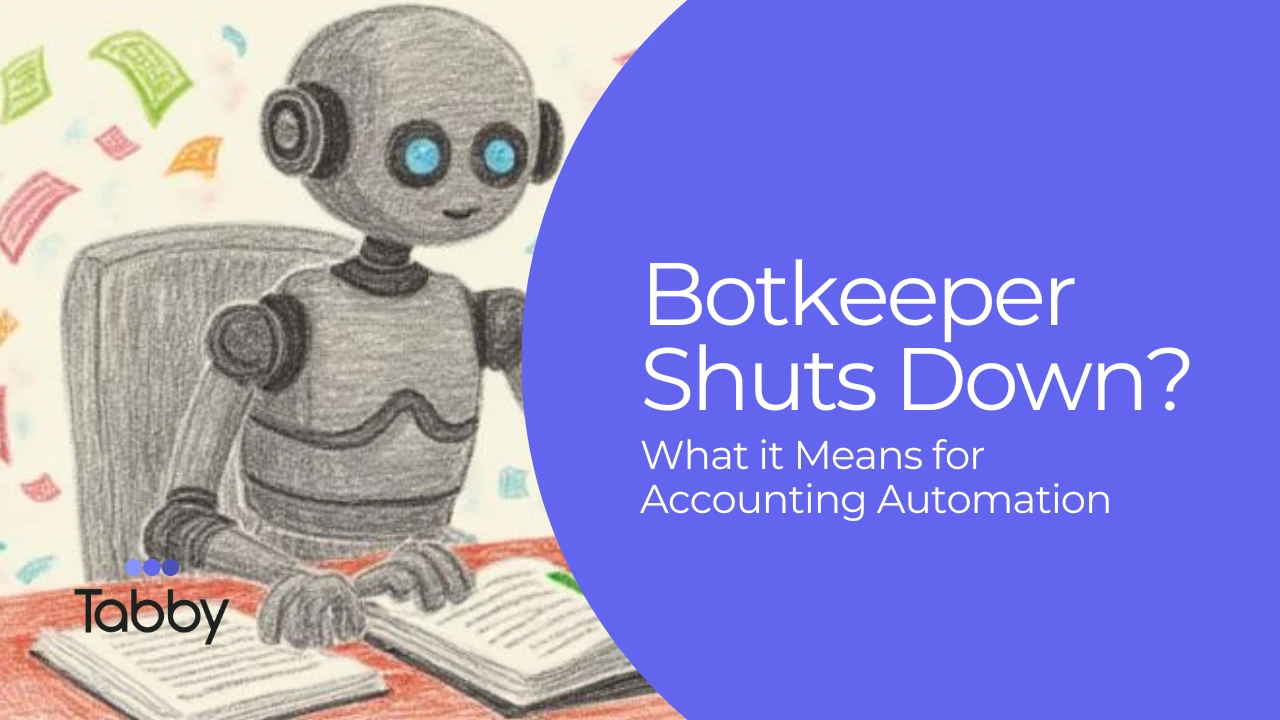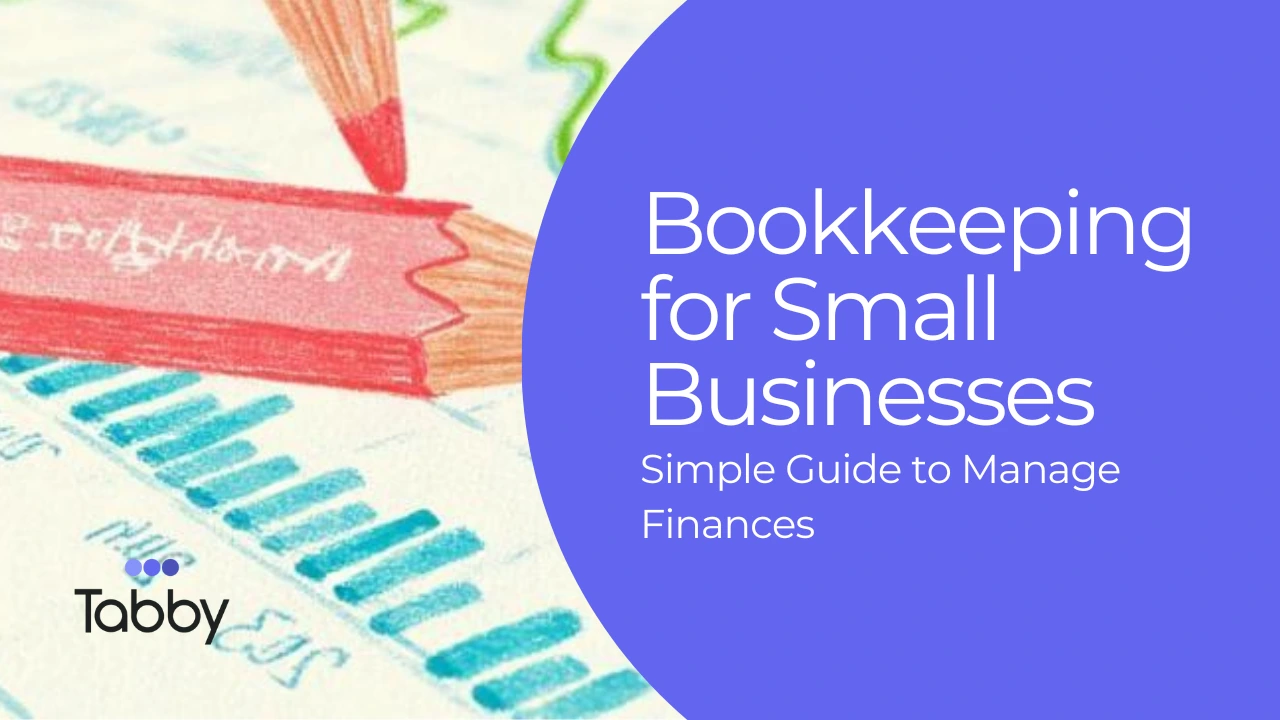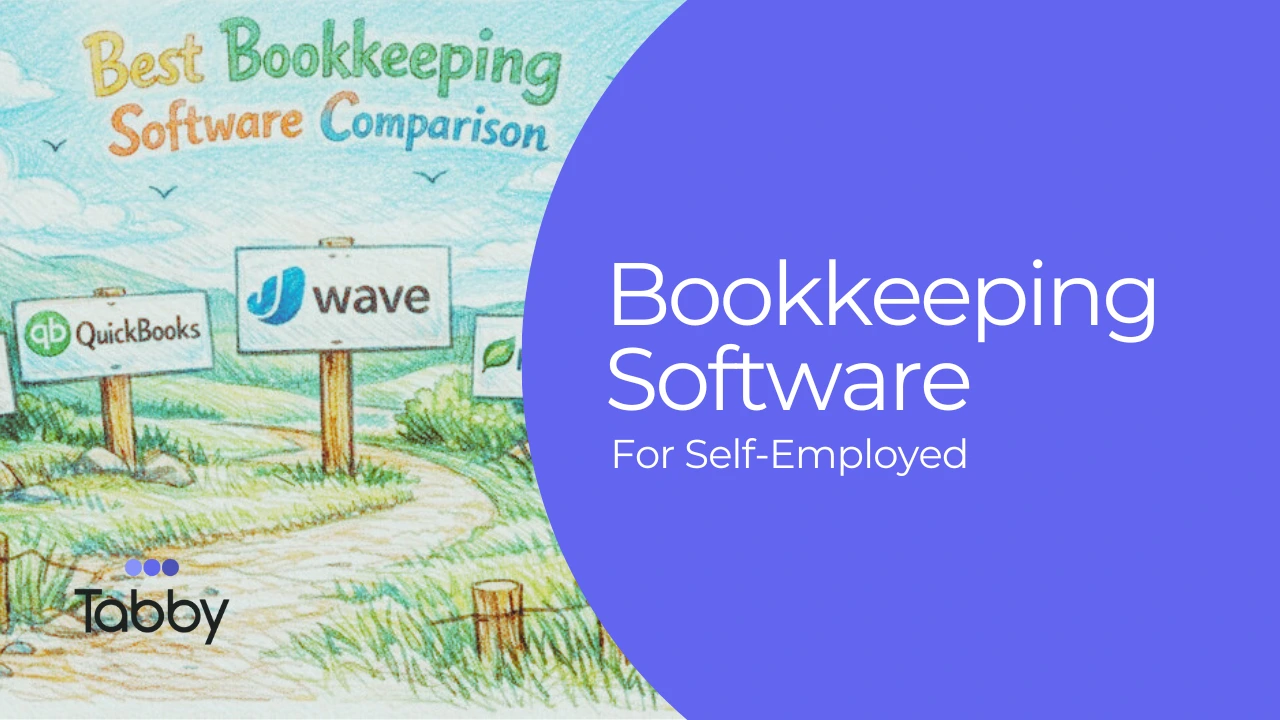Being a freelancer or gig worker comes with amazing freedom. You set your own schedule, pick your clients, and call the shots.
But it also comes with a challenge: managing your finances. Unlike traditional employees, no one is withholding taxes or keeping track of your income for you. That’s why a structured bookkeeping system is essential.
Here are the best bookkeeping practices I recommend for freelancers and gig workers.
1. Separate Business and Personal Finances
One of the biggest mistakes freelancers make is mixing business and personal transactions. It complicates tax filing and makes it hard to see how your business is really doing.
How to fix it:
- Open a separate business bank account and business credit card.
- Use the business account only for work-related transactions.
- Automate categorization with AI-powered bookkeeping tools like Tabby.
2. Track Income Consistently
Freelancers often get paid from multiple sources. If you don’t track everything, it’s easy to miss taxable income or forget payments.
Best practices:
- Issue invoices for every job and track when payments come in.
- Keep a log of all income sources.
- Use software that syncs with your bank to automatically record deposits.
3. Keep a Record of All Business Expenses
Deductible expenses reduce your taxable income, but only if you track them. Missing out on deductions means paying more taxes than you need to.
Common deductible expenses:
- Home office costs if you work from home.
- Business-related travel, meals, and internet bills.
- Software subscriptions, marketing, and professional development courses.
4. Save for Taxes Throughout the Year
Unlike traditional employees, freelancers don’t have taxes automatically withheld. That makes it crucial to set aside money regularly.
How to prepare:
- Save at least 25-30 percent of your earnings for taxes.
- Pay estimated quarterly taxes to avoid IRS penalties.
- Use bookkeeping software to calculate tax liabilities automatically.
5. Reconcile Bank Statements Regularly
Reconciling your bank statements ensures your records match your actual account balance. It helps catch errors, missing payments, or even fraud.
How to do it:
- Compare your bookkeeping records with your bank statements each month.
- Resolve discrepancies immediately.
- Use automation tools to make the process faster.
6. Use Digital Tools for Bookkeeping
Managing everything manually is time-consuming and stressful. Tools like Tabby automate bookkeeping, categorize expenses, and create tax-ready reports.
Benefits of digital tools:
- Save time by automating data entry.
- Reduce human errors.
- Generate financial reports to make smarter decisions.
7. Plan for Slow Seasons
Freelance income can fluctuate. Having a financial cushion keeps you steady even when work slows down.
How to prepare:
- Set up an emergency fund with 3-6 months of expenses.
- Budget for seasonal fluctuations.
- Diversify income sources to maintain steady earnings.
8. Keep Accurate Records for at Least Three Years
The IRS requires freelancers to keep records for three years in case of an audit. Digital organization makes this easy.
What to keep:
- Income records like invoices and payment confirmations.
- Expense receipts and bank statements.
- Tax returns and financial reports.
Freelancers and gig workers who take control of their finances set themselves up for long-term success. Adopting smart bookkeeping practices and using digital tools helps you stay organized, tax-compliant, and stress-free.
Tabby automates bookkeeping, categorizes expenses, and generates tax-ready reports. If you want an easy way to manage your freelance finances, try Tabby today.



